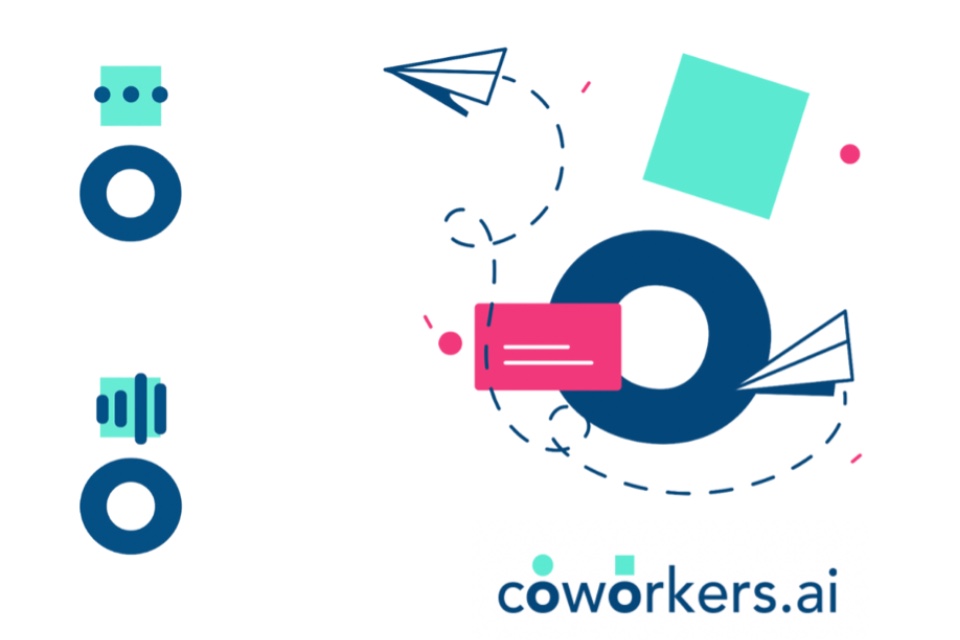148 million extra customer support calls: How the cost of living crisis is impacting customer care

UK households will make an extra 148 million customer service enquiries this year as the cost-of-living crisis continues and consumer spending tightens. That’s according to analysis by Firstsource Solutions, which says higher interest rates, inflation, and rising energy costs mean UK households are more likely to cancel subscriptions, downgrade packages, query bills and charges, and […]
Business Decision Makers: Their CX concerns, and how to resolve them

By Dan Burkland, President at Five9 As the cost-of-living crisis forces customers to tighten their belts, effective and receptive customer service remains the key to maintaining success. Focusing on customer experience (CX), even through periods of economic instability, can increase a company’s profitability by up to 2% and shareholder return by up to 10%. Business leaders are now […]
Daktela enhances its automated chat functionality with Coworkers.ai acquisition

Daktela has acquired Coworkers.ai, with the technology set to be integrated into its software by the end of this year, enhancing the company’s existing chatbot capability and enabling businesses in the UK to deploy complex automated chat solutions in their customer communications. Coworkers.ai are intelligent virtual assistants that use contextual AI. This means they understand […]
Handling dramatic surges in contact volume

Because time is precious and we know that our clients cannot always be there to answer the phone. Woven offer a host of tailored call handling services that enable businesses large and small to capture every opportunity. Our bureau service, Woven with You, provides a seamless extension of our clients business, allowing them to focus […]
INDUSTRY SPOTLIGHT: The benefits of offshore outsourcing

We live in a connected global village and businesses are expanding their search for expertise beyond their country’s borders to benefit from global business services. Offshore outsourcing benefits businesses by allowing them to relocate office jobs to countries with lower labor costs but equal expertise, like South Africa. Benefits of offshore outsourcing Reduce capital costs […]
The #6 benefits of outsourcing

By Woven #1 Reducing cost is probably the obvious reason why businesses outsource their customer contact centre, but there are many more incredibly valuable benefits of partnering with a specialist outsourced contact centre provider. So, what are they? #2 Trained Staff Always Ready and Available Outsourcing provides trained professionals right at your fingertips. It takes […]
Consumers judge brands based on customer service, but contact centre employees aren’t being empowered

Both consumers (97%) and contact centre managers (98%) agree that customer service interactions have an impact on whether consumers stay loyal to a brand. And a vast majority (88%) of contact center managers also agree that brand perception directly impacts overall company revenue. When positive customer experience (CX) interactions boost loyalty, revenue follows. Calabrio has […]
CCaaS demand to push market to $19.8bn by 2031

The Contact Center as a Service (CCaaS) market was worth $4.3 billion in 2021, and is estimated to reach $19.8 billion by 2031, growing at a CAGR of 16.8% between 2022 and 2031. That’s according to a new report published by Allied Market Research, Contact Center as a Service (CCaaS) Market, which says the automatic call distribution […]
Business intelligence to support a post-pandemic mindset

The ‘management versus employee’ battle on WFH continues – but have managers recognised why hybrid working has become such a problem? Without face-to-face interaction, remote workers have far less trust in the information provided by distant colleagues – or distant business partners/ suppliers/ customers. And that is leading to a breakdown in relationships across the […]
The benefits of live chat on your website

Live chat used to be a “nice to have” service offering, Today, more than 41% of customers expect live chat on your website and more than half of all customers prefer to chat with someone in real-time and online. It gives customers a way to reach you at the exact moment that they have questions or problems they can’t […]

